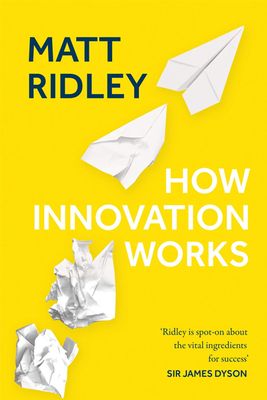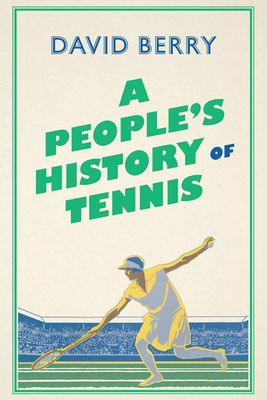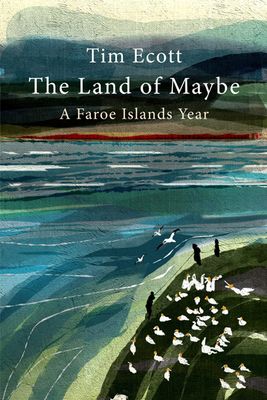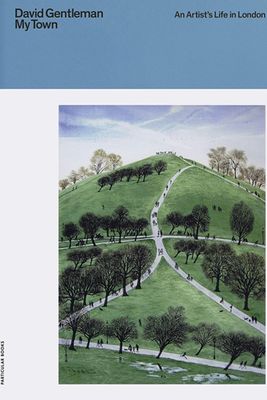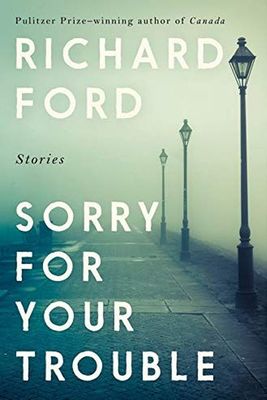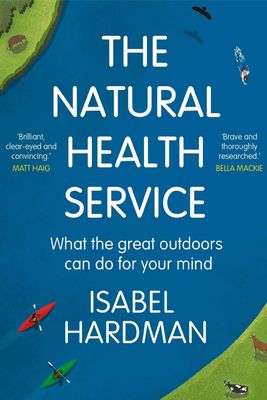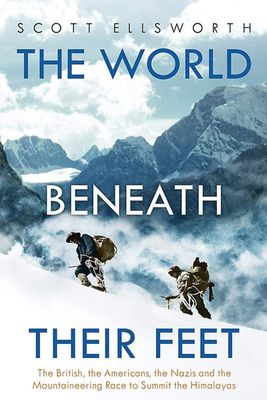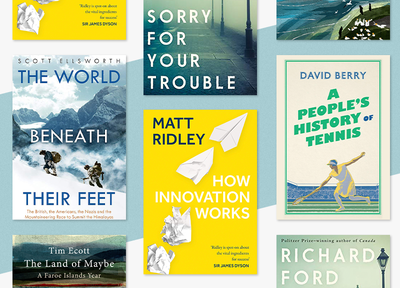
The New Books To Read Now
How Innovation Works by Matt Ridley
As a buzzword, it’s everywhere. As a concept, it’s hard to pin down. But scientist-journalist-businessman Matt Ridley is ready to wrestle with ‘innovation’, the slippery idea that has come to define our era. Starting in the Stone Age, he charts a fascinating history and finds that we really ought to accept this mysterious process as something that’s hard to legislate for. Instead of planning directly for innovation, governments should be encouraging the collaboration and exchange of ideas upon which it relies. Only in this way can we harness the potential of innovation to raise productivity and living standards at a critical time.
Buy it here
A People’s History of Tennis by David Berry
It might be Boris Johnson’s preferred form of lockdown exercise, but tennis has a diverse and radical history, according to David Berry. Going all the way back to the modern game’s Victorian beginnings, Berry tells the story of a sport that moved quickly from country estates into urban centres, and faced up early to issues around gay rights, class struggle, racism and feminism. Along the way, he introduces a remarkable cast of outsider characters who offer rich entertainment to anyone with an interest in our social history.
Buy it here
The Land of Maybe by Tim Ecott
The Faroe Islands tend to make headlines in the UK only when they are being thrashed at football by one of the home nations. For anyone who’s ever wanted to know more about this rocky, volcanic archipelago between Iceland and Norway, Tim Ecott spent a year exploring its starkly beautiful landscape. Descended from Vikings, the 50,000 inhabitants of the Faroes speak a language that’s all their own and lead unique lives. Buffeted by the raw elements of the North Atlantic, they hunt seabirds, herd whales and eat fermented mutton. With much of the globe enjoying some enforced respite from frenetic modern existences, it’s a good time to meet these world leaders in taking life at a slower pace.
Buy it here
The Precipice by Toby Ord
Toby Ord is an Oxford philosopher who likes to take a wide-angle lens on life. His subject here is nothing less than the future of humanity. By his calculation, there was a one in 100 chance of man being wiped out during the 20th century. Here in the 21st century, our chance of total obliteration is a more nerve-jangling one in six – thanks primarily to heightened risks from AI and, ahem, pandemics. More encouragingly, Ord believes he has identified a path that will take us away from ‘The Precipice’. It involves improved international relations, more diligent research into existential risk and judicious use of new technology.
Buy it here
My Town by David Gentleman
Artist and designer David Gentlemen has lived in London for almost seven decades. Most of that time, he has been on one particular street. Now 90, he has collected his drawings and paintings of the city in this new book. Early sketches show the capital as it was; more recent watercolours – some of them only a few months old – capture London as it is now. The Thames, Hampstead Heath and Camden Town are all here. Accompanying them are reflections on art and an ever-changing city from a painter whose work has already made it into the British Museum, Tate Britain and the V&A.
Buy it here
Sorry For Your Trouble by Richard Ford
American writer Richard Ford is best known for his quartet of Frank Bascombe novels, which were released to great acclaim across a period of almost 30 years. He also wrote the book on which the excellent Jake Gyllenhaal and Carey Mulligan film Wildfire was based. Now the Pulitzer Prize winner is back with this collection of nine short stories. Ford originally made his name as a master of the shorter format and Sorry For Your Trouble shows he’s still one of the best. His cast of characters have matured with their author and, here, their troubles often centre around the loss of a loved one.
Buy it here
The Natural Health Service by Isabel Hardman
Four years ago, political journalist Isabel Hardman suffered a breakdown. In The Natural Health Service, she explains how fresh air, nature and activity were instrumental in her recovery. She also goes beyond personal experience to meet other people with a special appreciation for the healing powers of the outdoors – from mental illness sufferers to psychologists. For Hardman, it was horse riding and cold-water swimming that helped; for others it might be something different. Sceptical at first, she even finds compelling reasons to believe the Japanese craze of ‘forest bathing’ (walking barefoot in the woods, essentially) might work. Readers of this honest, convincing and often funny book will quickly find their own minds changed too.
Buy it here
The World Beneath Their Feet by Scott Ellsworth
In the 1930s, the world’s greatest powers were heading for war in Europe. In Asia, they were fighting a symbolic battle to conquer the Himalayas. The winner would be the first one to climb one of the range’s 14 8,000m-plus mountains. Each with vocal government support, the Brits focused on Everest, the Americans on K2 and the Germans on Nanga Parbat. That government support didn’t extend to financial assistance, meaning the expeditions – especially the British ones – were often perilously under-resourced. Told here, the stories that emerged from them are astonishing.
Buy it here
DISCLAIMER: We endeavour to always credit the correct original source of every image we use. If you think a credit may be incorrect, please contact us at [email protected].
